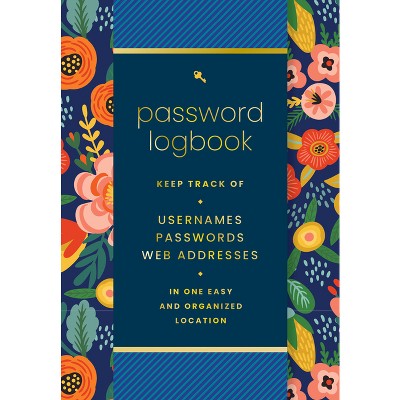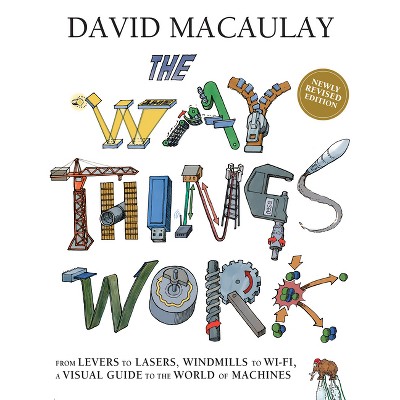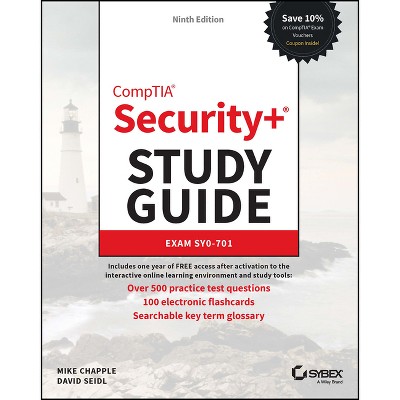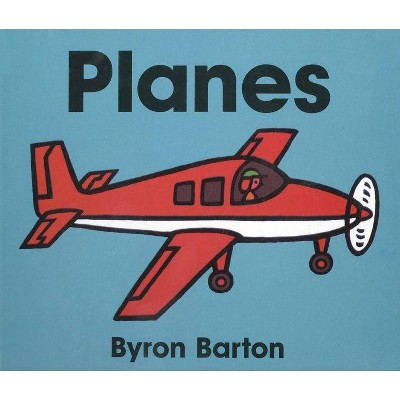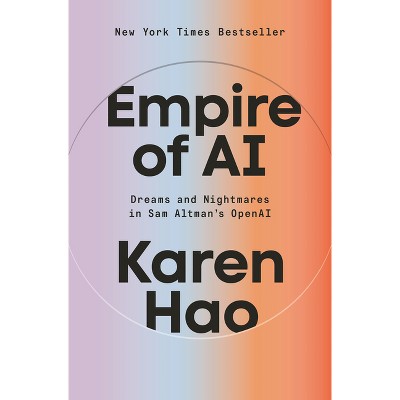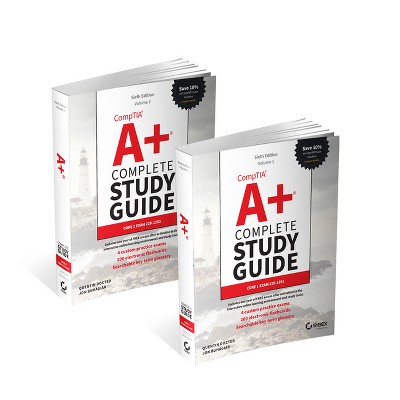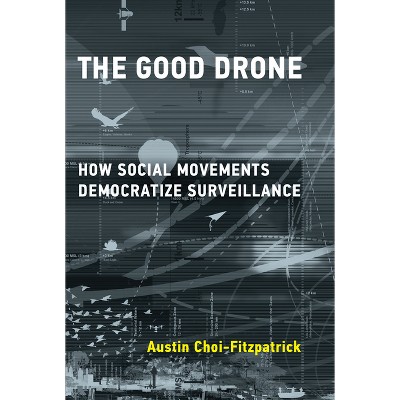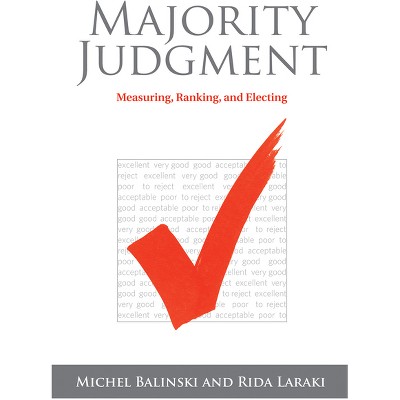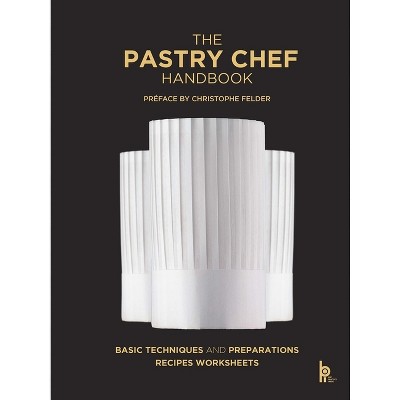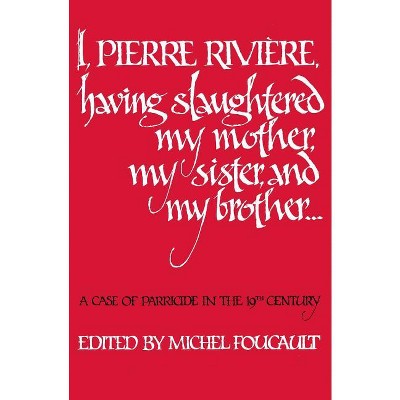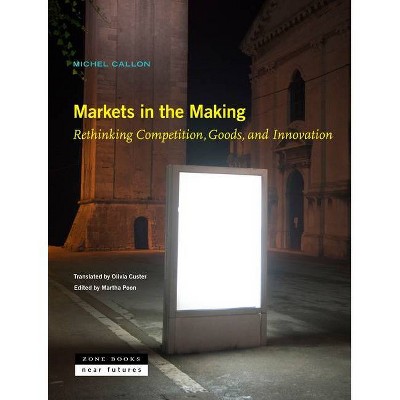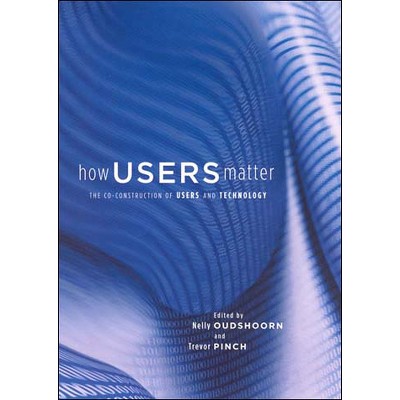Sponsored

Acting in an Uncertain World - (Inside Technology) by Michel Callon & Pierre Lascoumes & Yannick Barthe (Paperback)
In Stock
Sponsored
About this item
Highlights
- A call for a new form of democracy in which "hybrid forums" composed of experts and laypeople address such sociotechnical controversies as hazardous waste, genetically modified organisms, and nanotechnology.Controversies over such issues as nuclear waste, genetically modified organisms, asbestos, tobacco, gene therapy, avian flu, and cell phone towers arise almost daily as rapid scientific and technological advances create uncertainty and bring about unforeseen concerns.
- About the Author: Michel Callon, developer (with Bruno Latour and others) of Actor Network Theory, is Professor at the École des mines de Paris and a Researcher at the Centre de Sociologie de l'innovation there.
- 300 Pages
- Technology, Social Aspects
- Series Name: Inside Technology
Description
About the Book
A call for a new form of democracy in which "hybrid forums" composed of experts and laypeople address such sociotechnical controversies as hazardous waste, genetically modified organisms, and nanotechnology.Book Synopsis
A call for a new form of democracy in which "hybrid forums" composed of experts and laypeople address such sociotechnical controversies as hazardous waste, genetically modified organisms, and nanotechnology.Controversies over such issues as nuclear waste, genetically modified organisms, asbestos, tobacco, gene therapy, avian flu, and cell phone towers arise almost daily as rapid scientific and technological advances create uncertainty and bring about unforeseen concerns. The authors of Acting in an Uncertain World argue that political institutions must be expanded and improved to manage these controversies, to transform them into productive conversations, and to bring about "technical democracy." They show how "hybrid forums"--in which experts, non-experts, ordinary citizens, and politicians come together--reveal the limits of traditional delegative democracies, in which decisions are made by quasi-professional politicians and techno-scientific information is the domain of specialists in laboratories. The division between professionals and laypeople, the authors claim, is simply outmoded. The authors argue that laboratory research should be complemented by everyday experimentation pursued in the real world, and they describe various modes of cooperation between the two. They explore a range of concrete examples of hybrid forums that have dealt with sociotechnical controversies including nuclear waste disposal in France, industrial waste and birth defects in Japan, a childhood leukemia cluster in Woburn, Massachusetts, and mad cow disease in the United Kingdom. The authors discuss the implications for political decision making in general and describe a "dialogic" democracy that enriches traditional representative democracy. To invent new procedures for consultation and representation, they suggest, is to contribute to an endless process that is necessary for the ongoing democratization of democracy.
Review Quotes
"In this provocative book, Michel Callon analyses the hybrid forums taking shape in the controversial sites where science overflows into the everyday world, where specialist knowledge is being challenged, new kinds of dialogic democracy are being born, and new styles of measured action are coming into being that enable human beings to reach decisions despite endemic uncertainty. Such a democratization of democracy could have implications far beyond the public understanding of science. The crucial contribution of this book is to suggest that this 'philosophy in the wild' could provide the basis for all who have to act in an uncertain world."--Nikolas Rose, Martin White Professor of Sociology, and Director, BIOS Centre for the Study of Bioscience, Biomedicine, Biotechnology and Society, London School of Economics
"This book is a path breaking contribution to the study of democracy. Its novel approach to understanding technical and ethical controversies shows how the uncertainties people share about the world and its future can become the source of new forms of democratic life."--Timothy Mitchell, Columbia University
"This book will become a vital point of reference for activists and scientists, citizens and critics. The arguments developed here are of central importance for the democratic future of modern science."--Simon Schaffer, Professor of History of Science, University of Cambridge
"This lucid and engaging book not only breathes new life into science and technology studies, but also reinvents and re-enchants politics. It traces a new democratic politics of the unknown."--Ash Amin, Department of Geography, Durham University
About the Author
Michel Callon, developer (with Bruno Latour and others) of Actor Network Theory, is Professor at the École des mines de Paris and a Researcher at the Centre de Sociologie de l'innovation there. Pierre Lascoumes is Director of Research at CNRS (Centre national de la recherche scientfique). Yannick Barthe is a Researcher at CNRS (Centre national de la recherche scientifique) and a member of the Centre de sociologie de l'innovation.